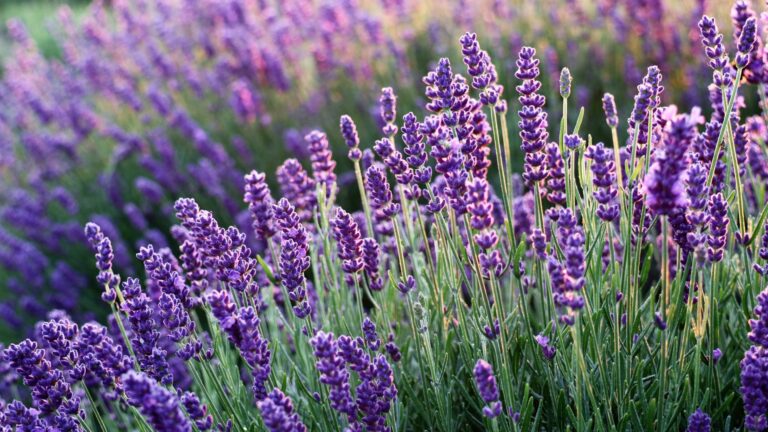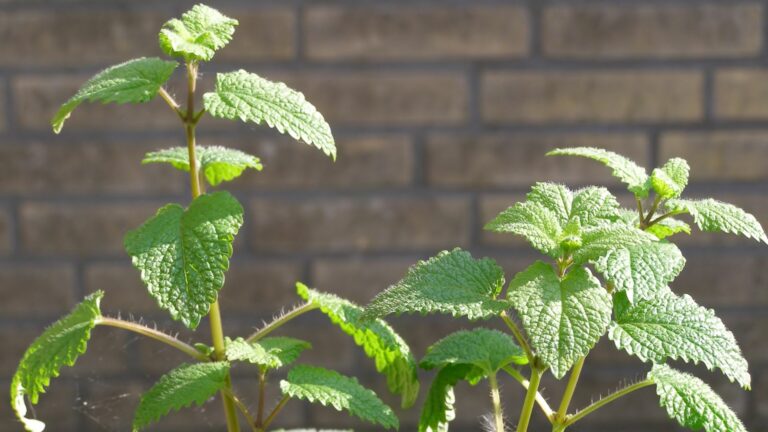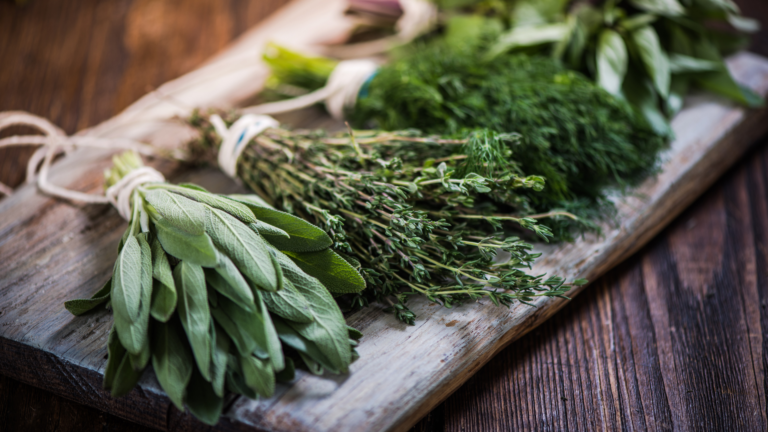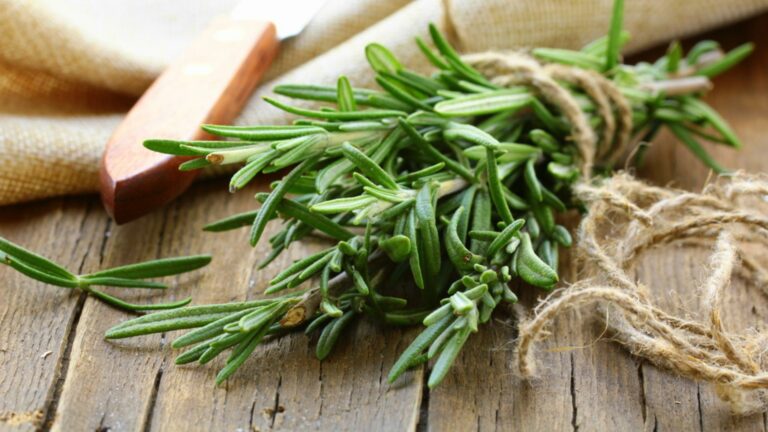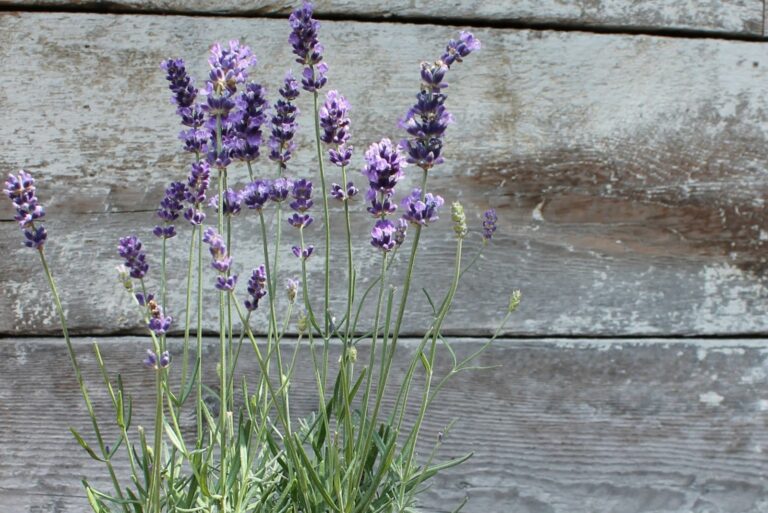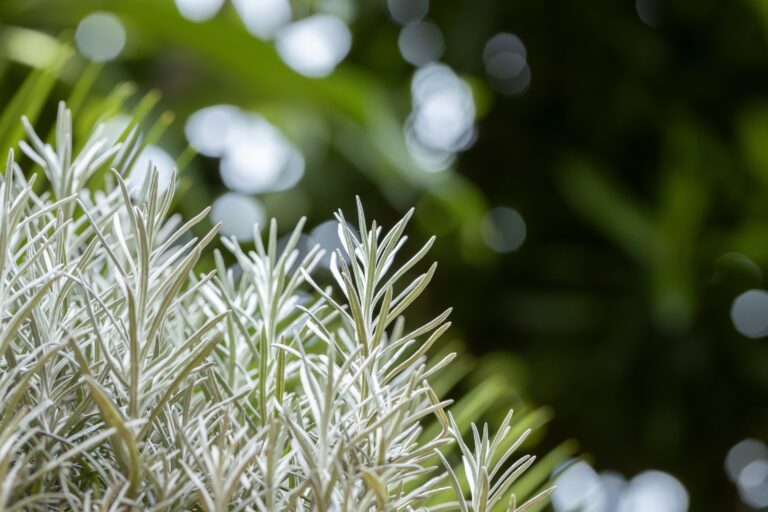18 Aromatherapy Herbs To Make Your Spring Garden Smell Amazing
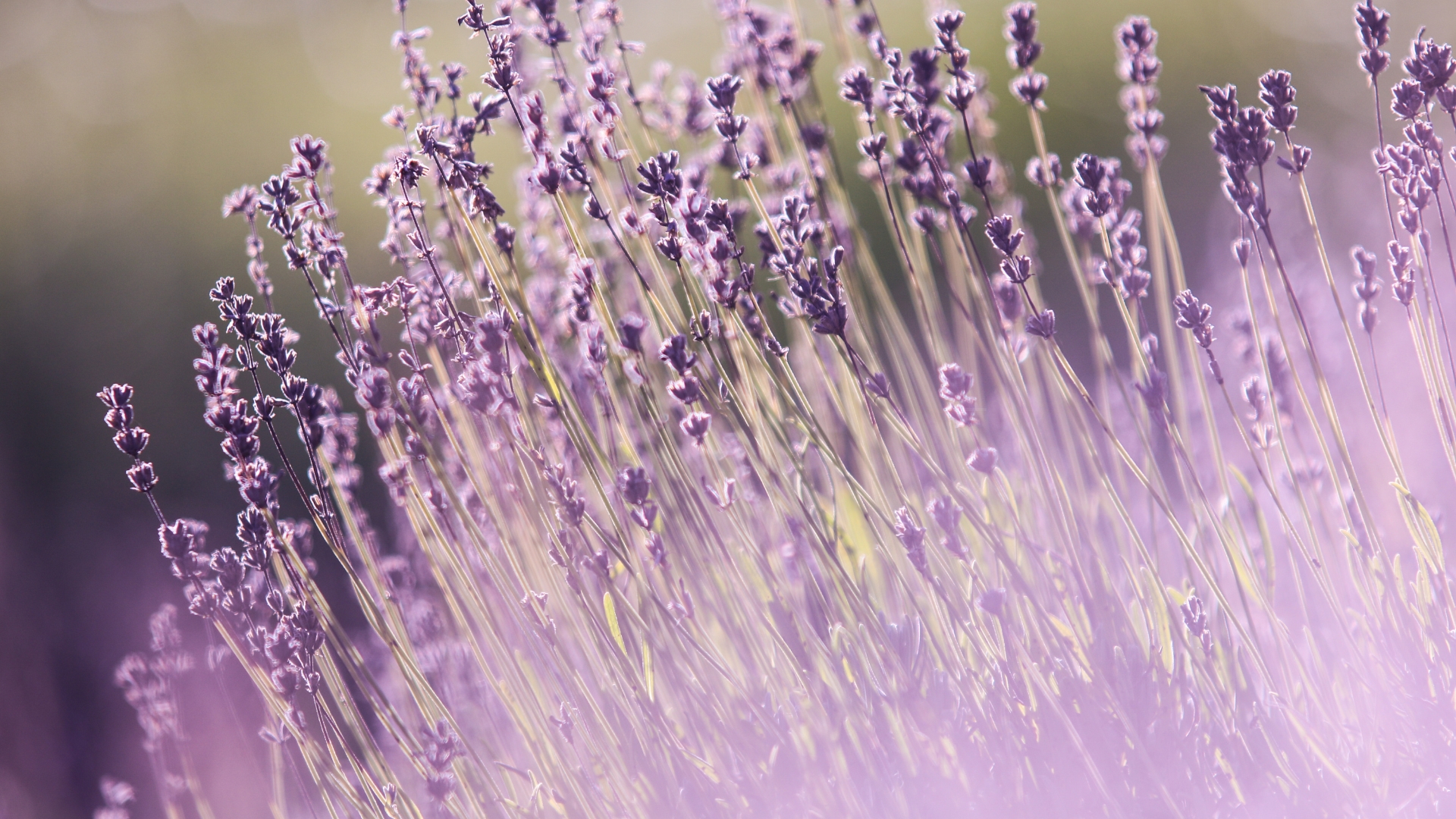
Imagine stepping into a garden where the air is filled with soothing scents and vibrant colors. Aromatherapy herbs can transform your spring garden into a relaxing oasis. These plants offer not just visual beauty, but also aromatic benefits that can enhance your well-being. Discover which herbs can elevate your garden experience.
1. Lavender
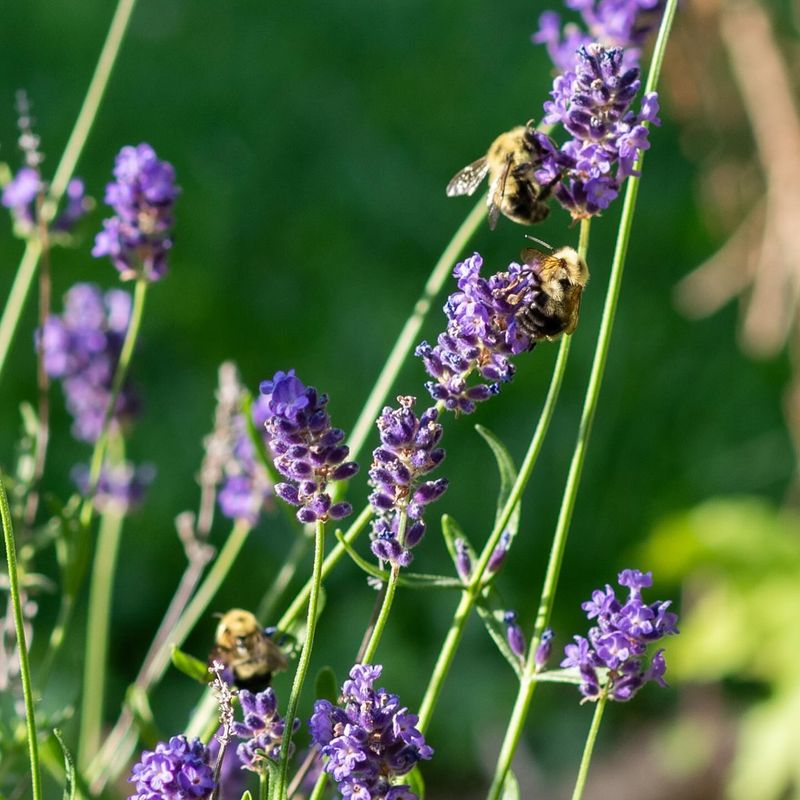
Lavender is a classic choice for any aromatherapy garden. Its calming scent is known to reduce stress and promote relaxation. The pretty purple flowers attract pollinators like bees and butterflies.
With its versatility, lavender can be used in various ways, from essential oils to homemade sachets. Plant it in a sunny spot, and it will thrive, offering beauty and tranquility to your garden all season long.
In ancient times, lavender was used to freshen clothes and homes with its sweet aroma, and it was even believed to ward off evil spirits.
2. Rosemary
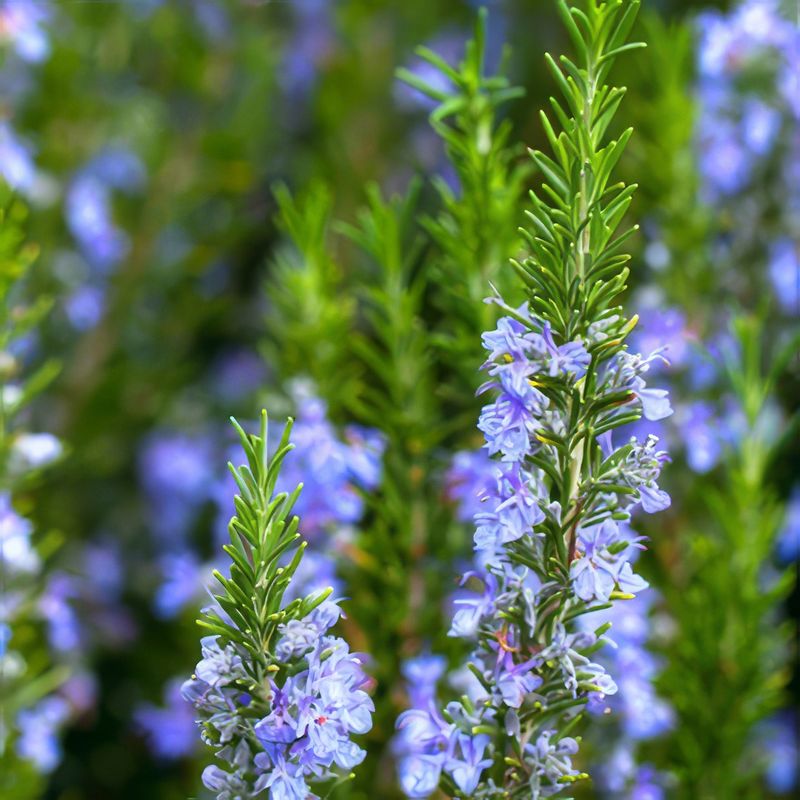
Rosemary, with its aromatic needle-like leaves, adds both flavor and fragrance to your garden. Known for enhancing memory and concentration, it’s a favorite in kitchens and gardens alike.
This hardy herb thrives in well-drained soil and full sunlight, making it easy to grow. The scent of rosemary will envelop your senses, providing a refreshing experience.
Historically, rosemary has been a symbol of remembrance and was often used in ceremonies and weddings to honor loved ones.
3. Mint
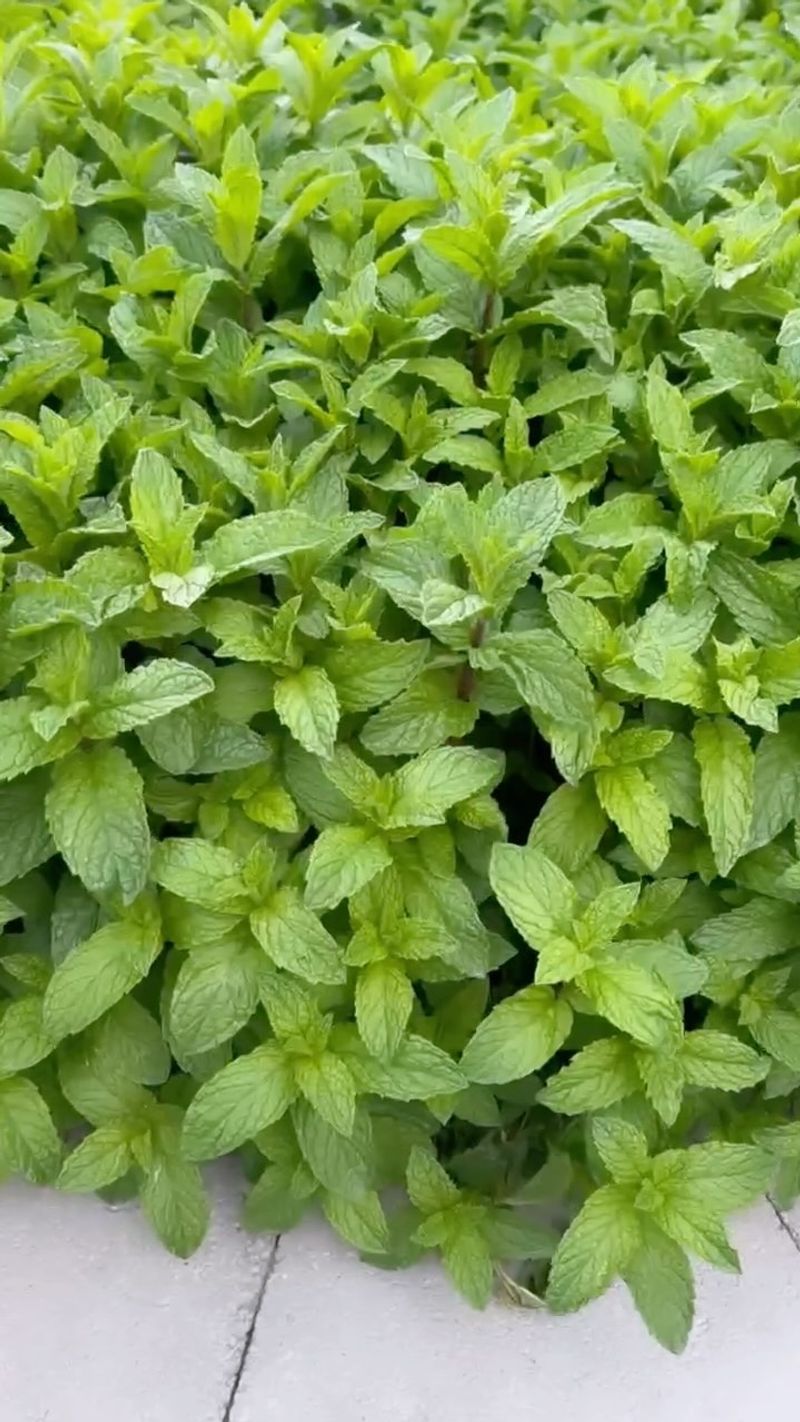
With its vibrant, aromatic leaves, mint quickly perfumes the garden with a refreshing scent. Its rapid growth makes it perfect for containers to prevent spreading.
The cooling sensation of mint leaves can refresh drinks and dishes, adding a burst of flavor. Plant it in partial shade, and it will reward you with endless leaves.
Did you know? Mint has been used for centuries to aid digestion and freshen breath, and is a staple in many culinary traditions worldwide.
4. Lemon Balm
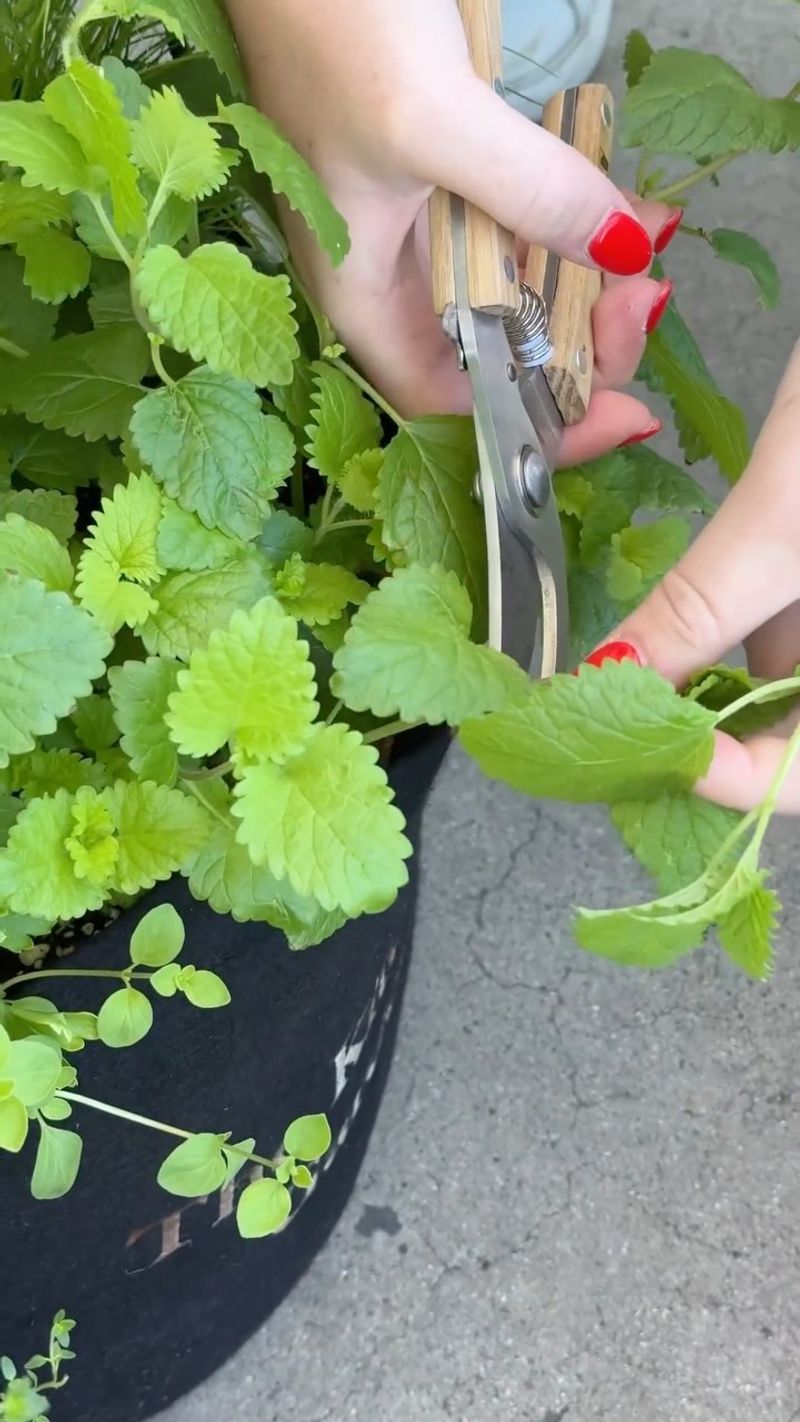
Lemon balm delights the senses with its subtle lemon fragrance and charming appearance. It’s known to uplift the mood and reduce anxiety.
Thriving in almost any condition, this herb is a must-have for beginners. Use its leaves to brew a soothing tea or infuse them into homemade candles.
Historically, lemon balm was used by ancient Greeks and Romans for medicinal purposes, believed to heal wounds and reduce stress.
5. Chamomile
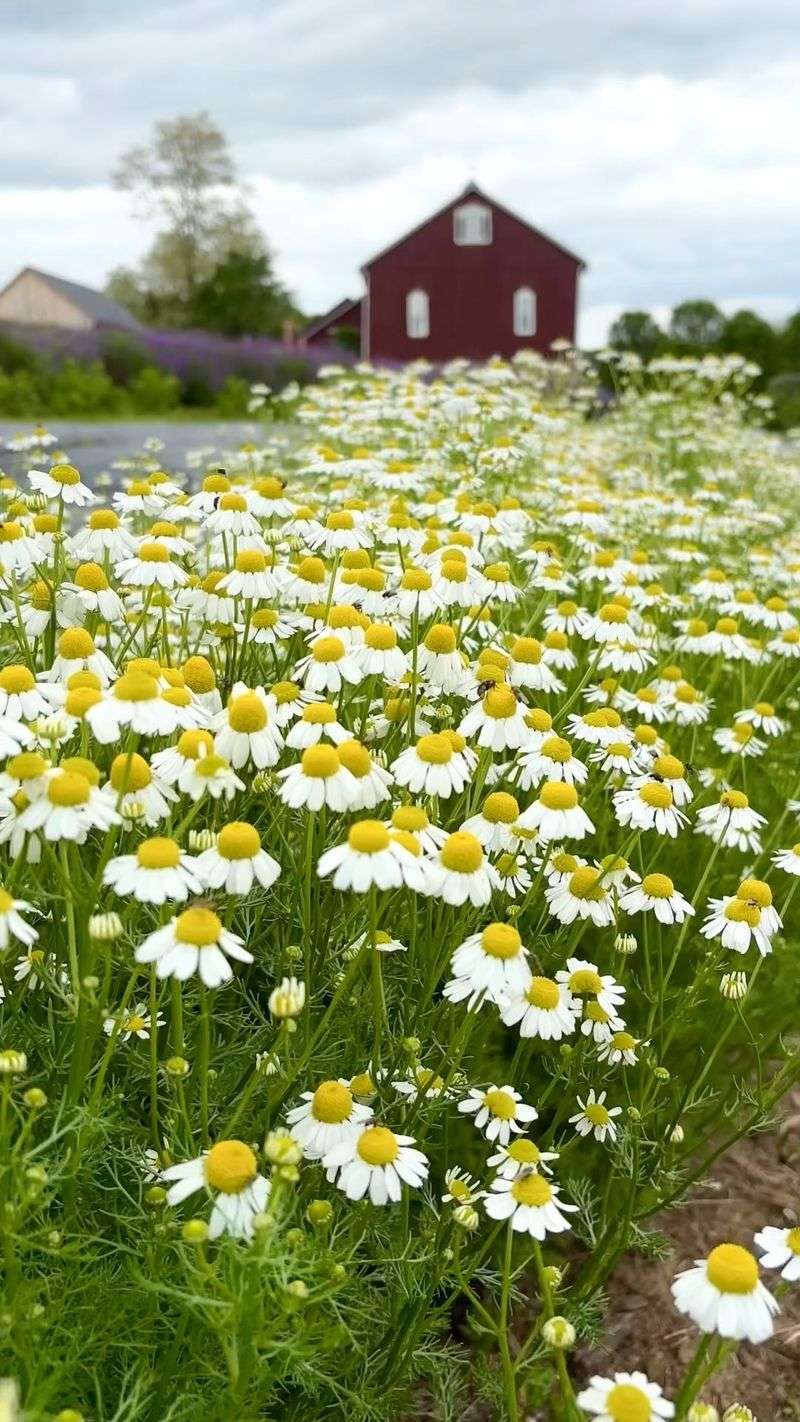
The soothing benefits of chamomile are matched only by its crisp, apple-like aroma. Its dainty flowers are not only beautiful but also beneficial.
Use chamomile to make soothing teas that help with sleep and digestion. Plant it in a sunny spot, and enjoy its gentle presence in your garden.
Fun fact: Chamomile has been used since ancient Egypt, where it was dedicated to the sun god Ra and valued for its healing abilities.
6. Basil
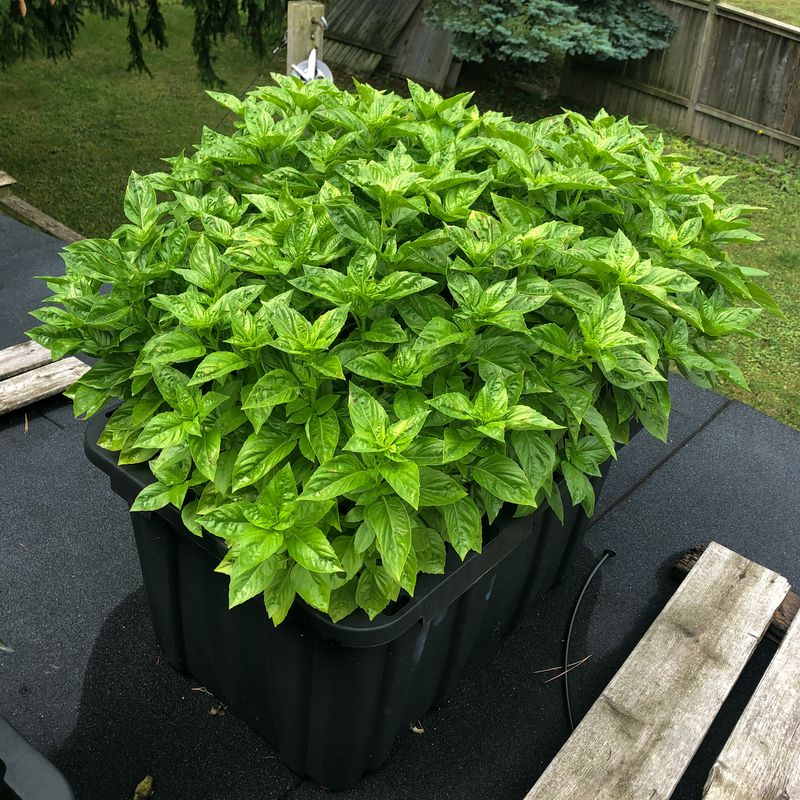
Basil, with its sweet and spicy aroma, is a staple in any herbal garden. It’s known for boosting mood and repelling insects.
Easy to grow in sunny locations, basil is perfect for cooking and crafting herbal remedies. Its lush leaves add a pop of green to your garden.
Did you know? Basil has been considered a symbol of love and protection in various cultures, often used in rituals and ceremonies.
7. Thyme
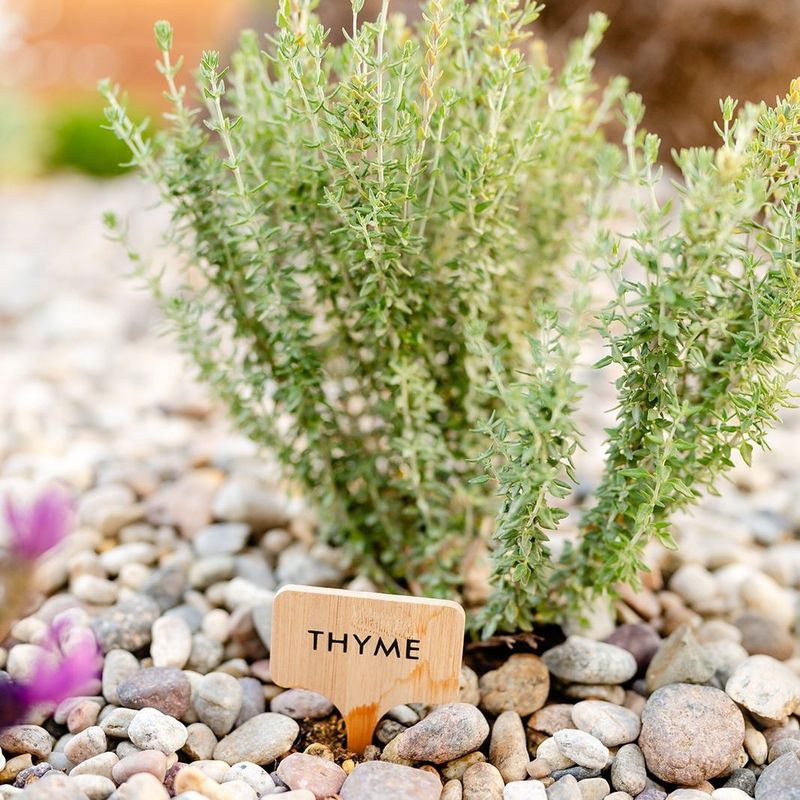
Small in size but big in impact, thyme is loved for its robust aroma and healing properties. It’s great for respiratory health and adds a savory touch to dishes.
Plant thyme in a rocky or sandy area with full sun. Its resilience makes it an excellent choice for gardeners of all levels.
Historically, thyme was used by ancient Egyptians during embalming, valued for its ability to purify and preserve.
8. Sage
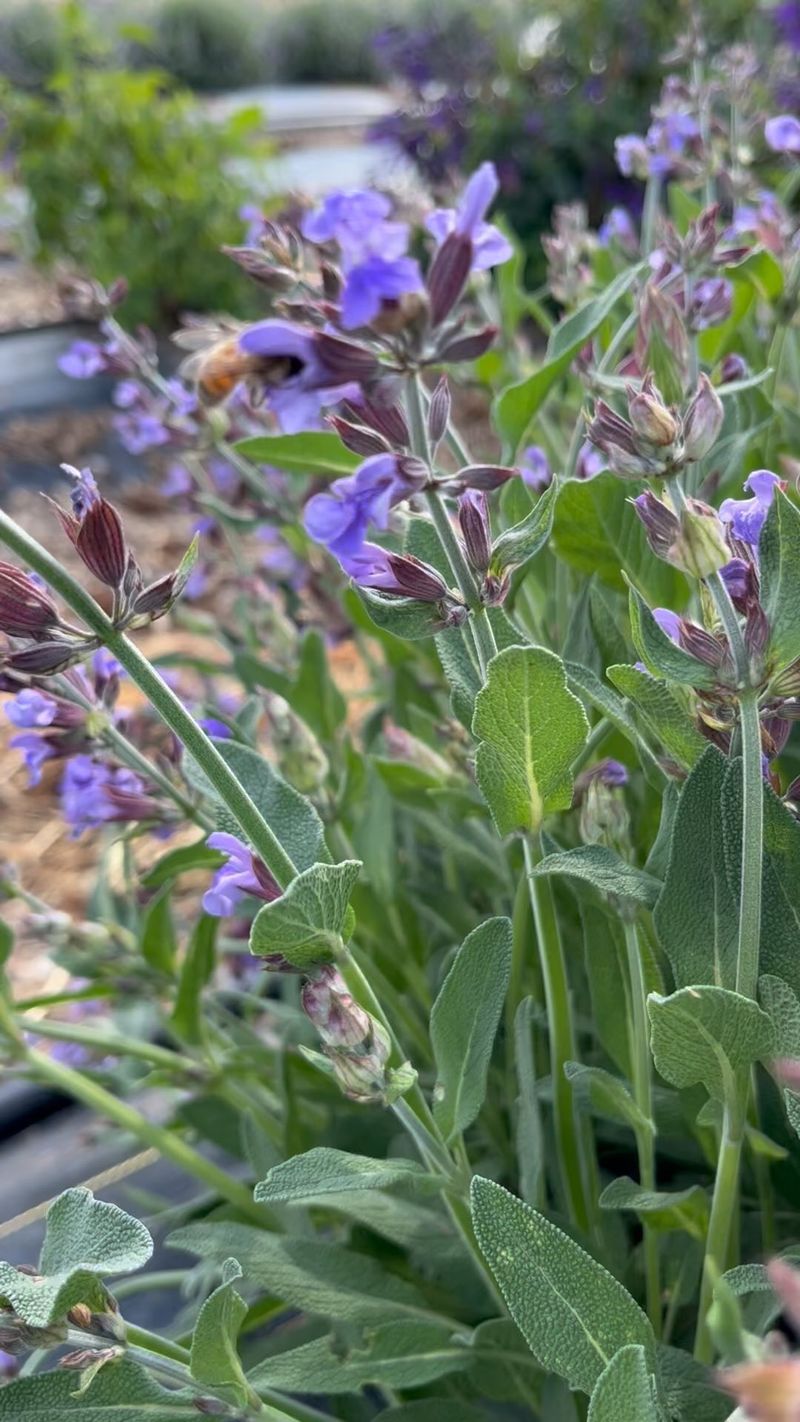
Sage is revered for its earthy scent and healing properties. Its soothing aroma is often used in rituals and to purify spaces.
Plant sage in well-drained soil, and it will flourish, providing fragrant leaves for cooking and crafting.
Sage was used in ancient Rome to improve memory and wisdom, and it was a key ingredient in the Four Thieves Vinegar during the plague.
9. Eucalyptus
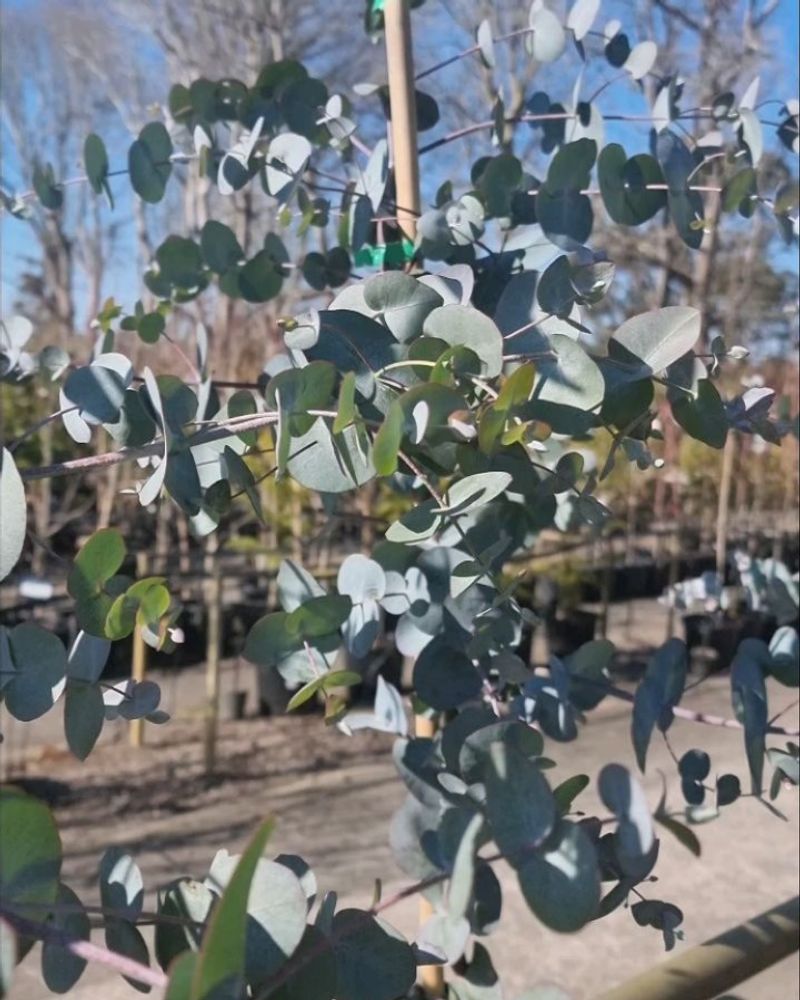
With its invigorating scent and therapeutic benefits, eucalyptus is a true natural remedy. The scent can clear the mind and promote relaxation.
This tall tree prefers a sunny location and well-drained soil. Eucalyptus leaves are often used in essential oils and home remedies.
Koalas rely on eucalyptus leaves as their primary food source, highlighting its importance in nature.
10. Lemongrass
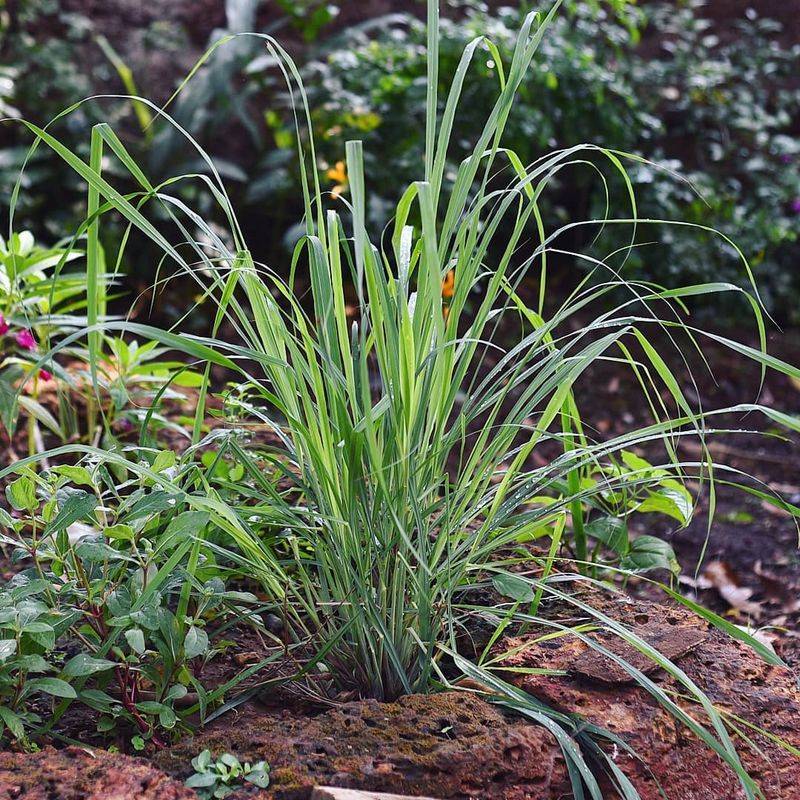
Lemongrass offers a refreshing lemon scent and is valued for its antifungal properties. It’s a staple in many Asian cuisines and herbal teas.
Grow lemongrass in a sunny spot with moist soil, and enjoy its fresh aroma throughout the garden.
Lemongrass is often used as a natural insect repellent, making it a practical addition to any outdoor space.
11. Oregano
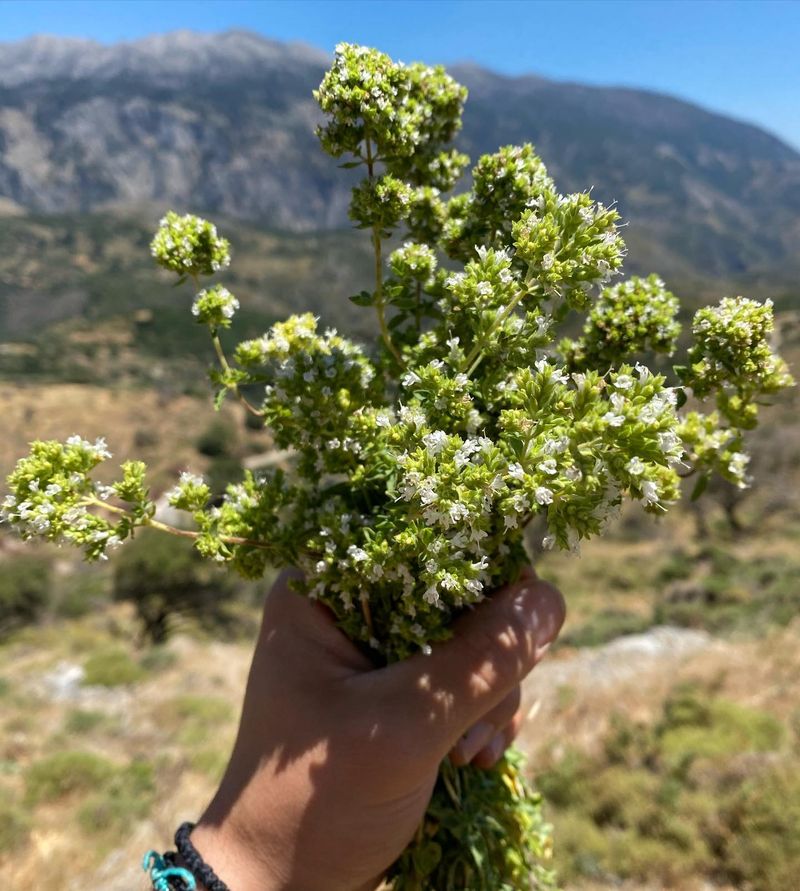
With its robust flavor and aromatic presence, oregano is a staple in many kitchens. It’s a culinary favorite and known for its antioxidant properties.
This herb thrives in sunny, well-drained areas, providing a flavorful addition to many dishes. Oregano’s scent can transport you to Mediterranean landscapes.
Historically, oregano was used in ancient Greece for medicinal purposes and was believed to bring joy and good luck.
12. Marjoram
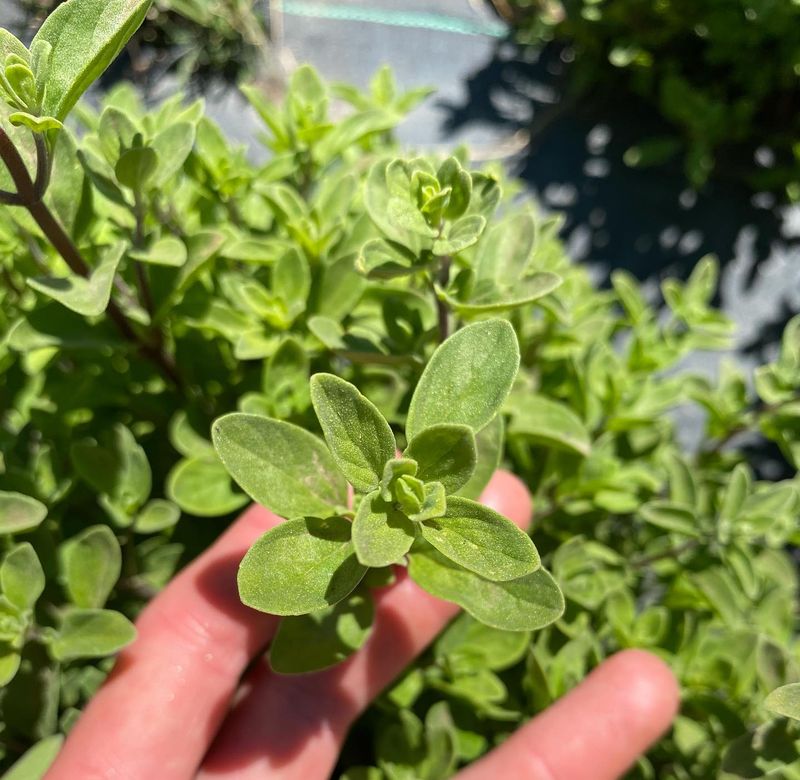
Marjoram, with its sweet, floral aroma, is often used to soothe headaches and stress. It’s a gentle herb that complements various dishes.
Grow marjoram in sunny, well-drained areas, and it will reward you with a delightful fragrance. Its subtle sweetness adds charm to any garden.
Marjoram was a symbol of happiness and love in ancient times, often used in wedding ceremonies and celebrations.
13. Peppermint
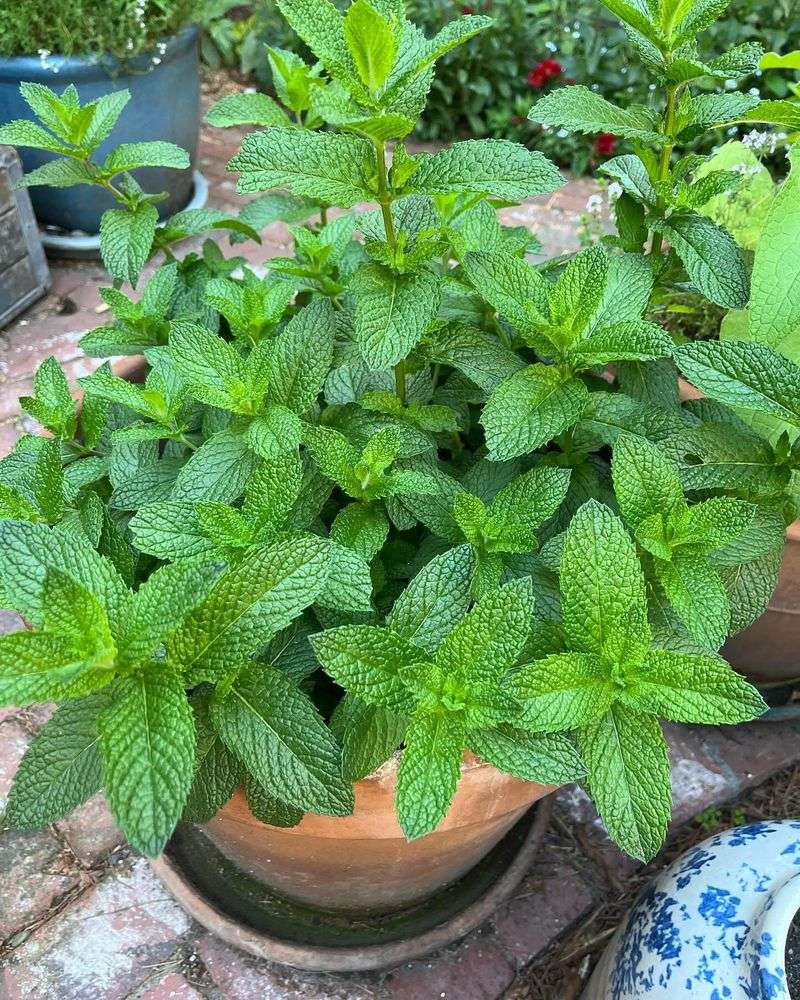
Peppermint is a refreshing herb that invigorates the senses with its strong, cool aroma. It’s ideal for soothing headaches and refreshing your space.
Plant peppermint in containers to control its rapid spread, and enjoy its fresh leaves for teas and culinary uses.
Peppermint is a natural hybrid of spearmint and water mint, used historically for its medicinal properties and culinary versatility.
14. Fennel
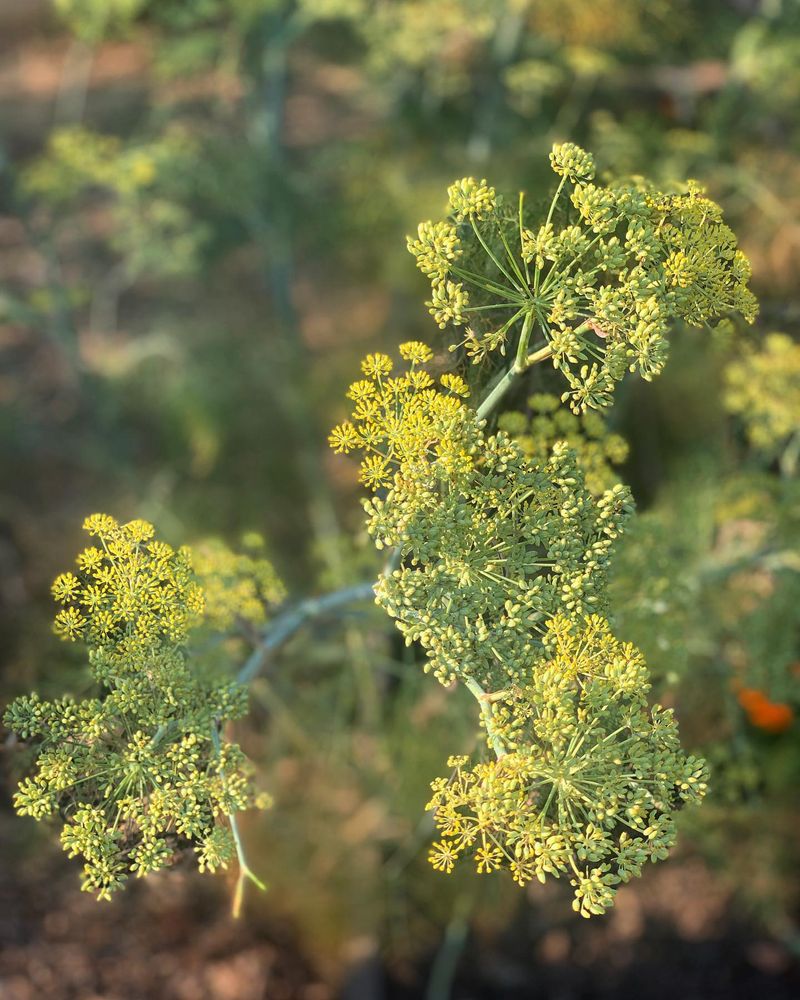
This herb offers a delightful licorice fragrance and a flavor that’s both sweet and unique. It’s known for aiding digestion and promoting respiratory health.
Grow fennel in a sunny spot with well-drained soil. Its feathery leaves and yellow flowers add elegance to any garden.
Historically, fennel was used by ancient Romans to flavor dishes and aid digestion, making it a versatile and valued herb.
15. Calendula
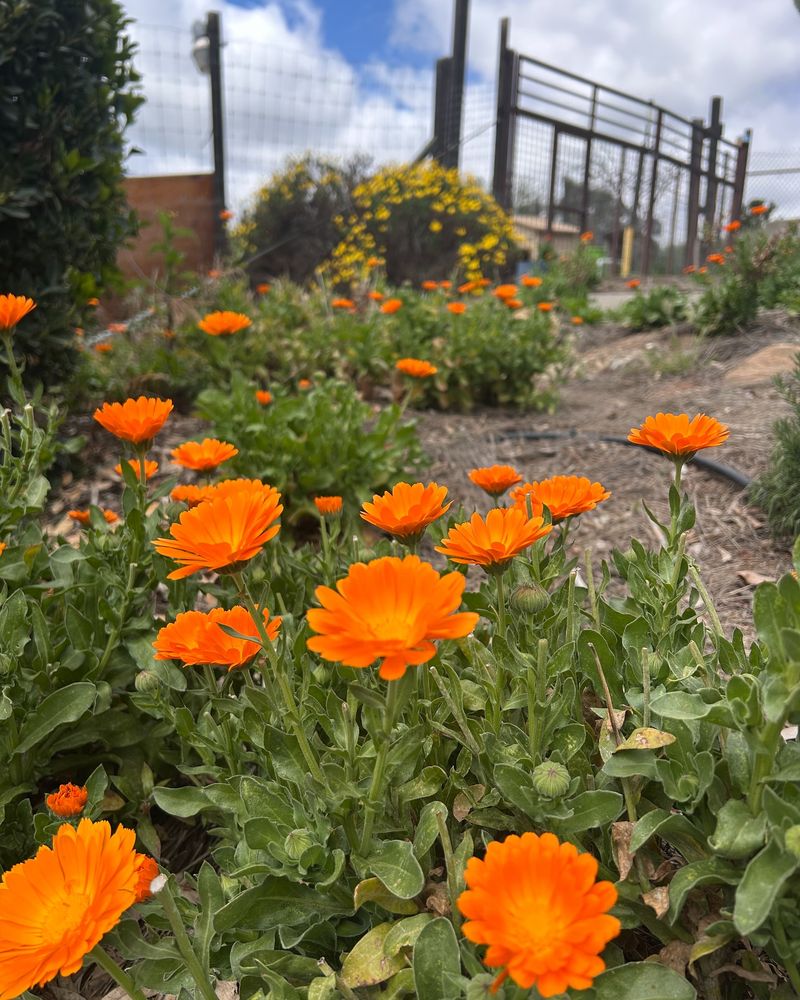
Calendula, known for its bright orange flowers, offers a mild, peppery scent. It’s cherished for its skin-healing properties and vibrant appearance.
Plant calendula in sunny areas for a pop of color and aroma. Its flowers are often used in homemade balms and teas.
Calendula has been used in traditional medicine for centuries, valued for its soothing and anti-inflammatory properties.
16. Dill
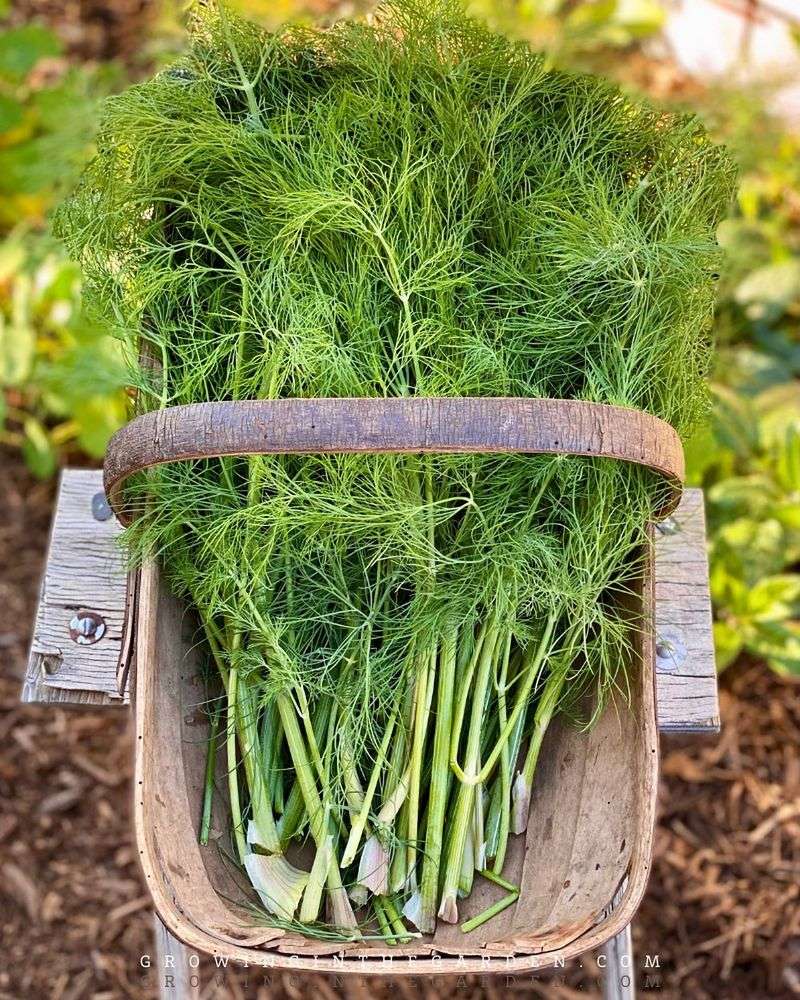
Dill brings a fresh, tangy aroma to any garden. It’s perfect for seasoning pickles and dishes, offering a distinctive taste and scent.
This herb thrives in sunny locations and well-drained soil, providing flavorful leaves and seeds. Dill adds a playful touch to your garden.
Did you know? Dill has been used since ancient Egypt for its culinary and medicinal benefits, symbolizing luck and protection.
17. Cilantro
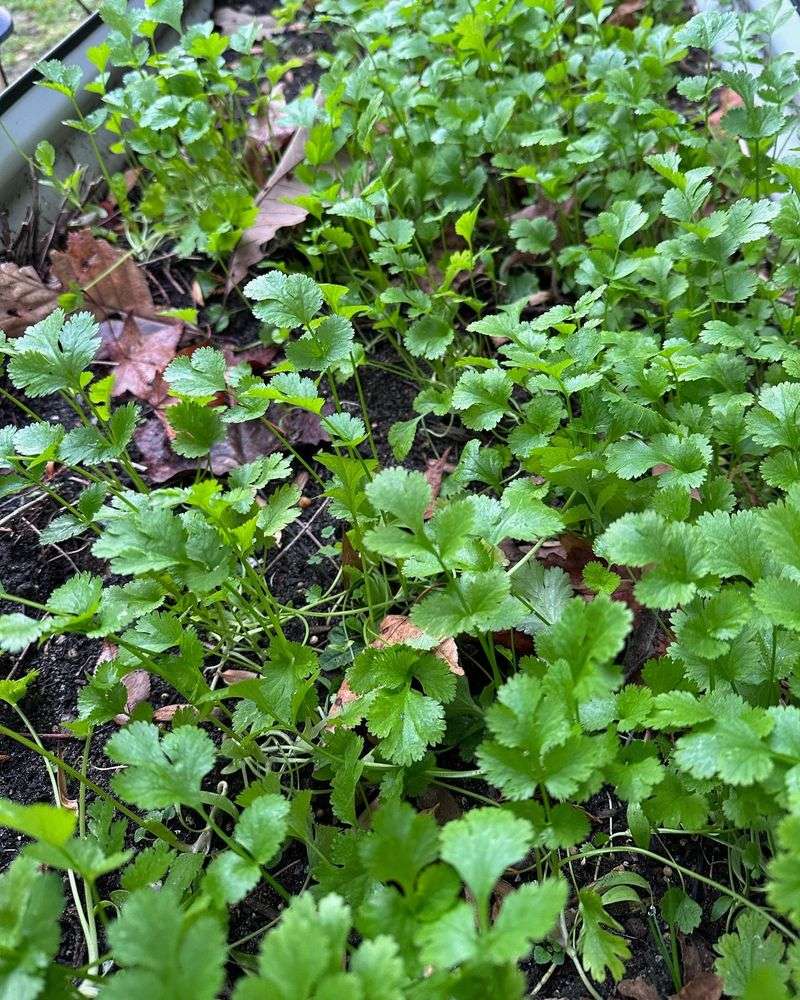
The refreshing, citrusy scent of cilantro is a go-to for adding zest to any recipe. Its unique scent can invigorate any garden space.
Grow cilantro in a sunny spot with well-drained soil, and enjoy its leaves in salads and salsas. Its flavor is both unique and versatile.
Cilantro is one of the oldest herbs, dating back to ancient Egypt, where it was used for culinary and medicinal purposes.
18. Geranium
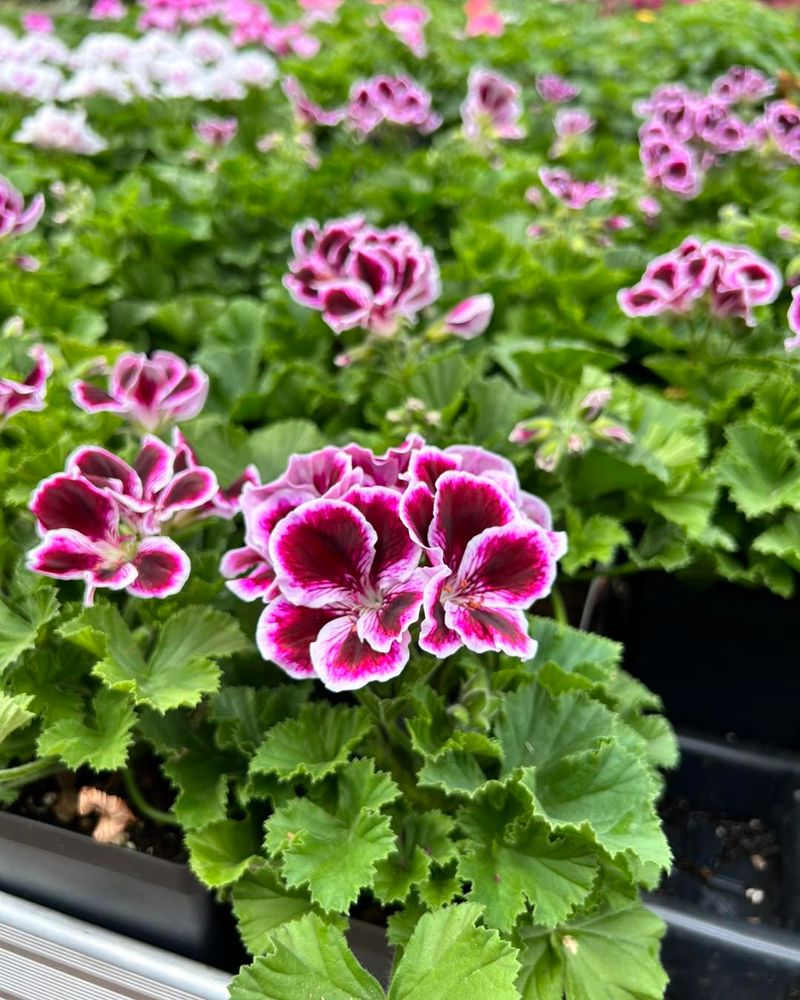
Geraniums add a sweet, floral aroma to any garden, with their colorful blooms and charming scent. They’re perfect for uplifting spaces and adding beauty.
These flowers thrive in sunny, well-drained areas, providing a cheerful presence. Geraniums are often used in essential oils and potpourris.
Geraniums have been used in traditional medicine for their anti-inflammatory and antioxidant properties, making them a beloved garden addition.

